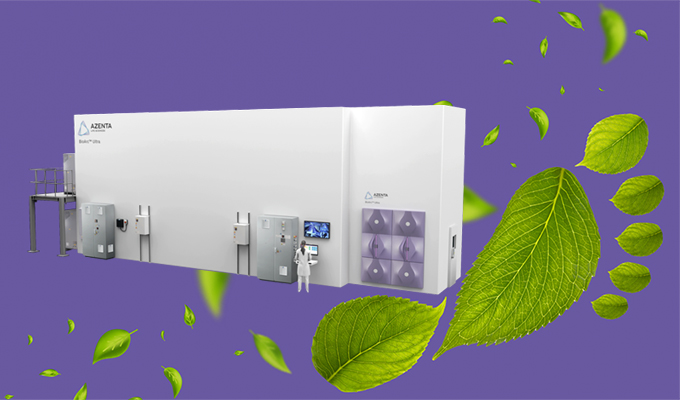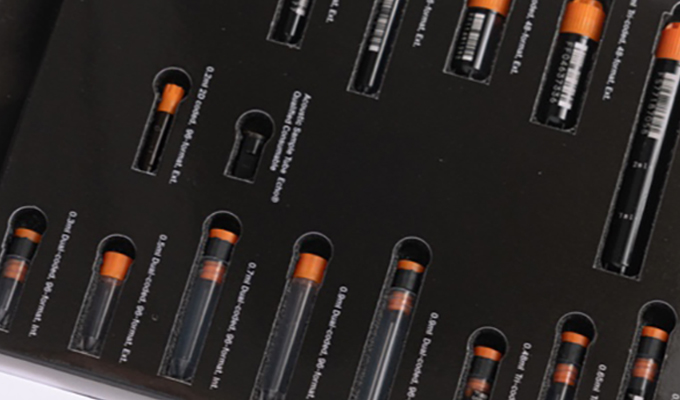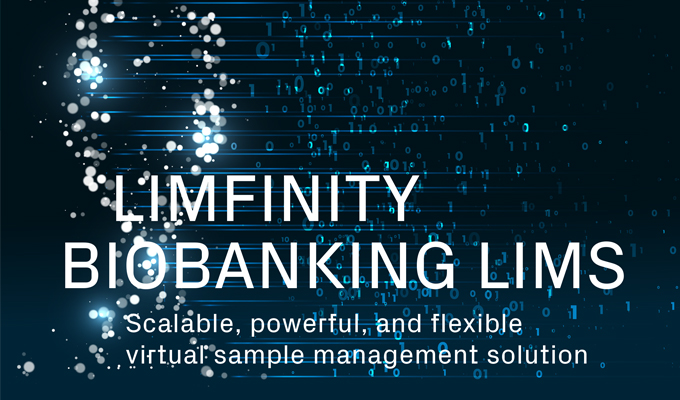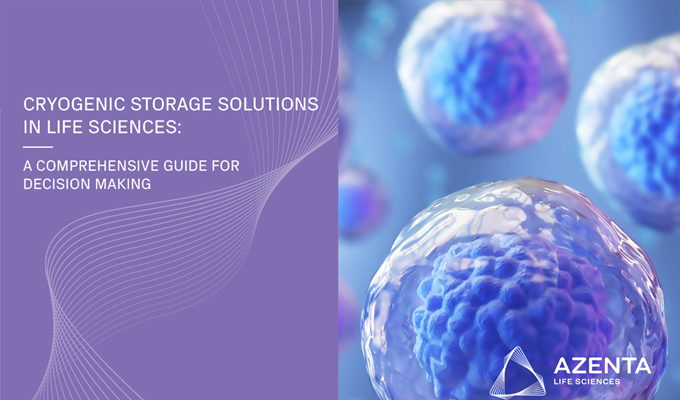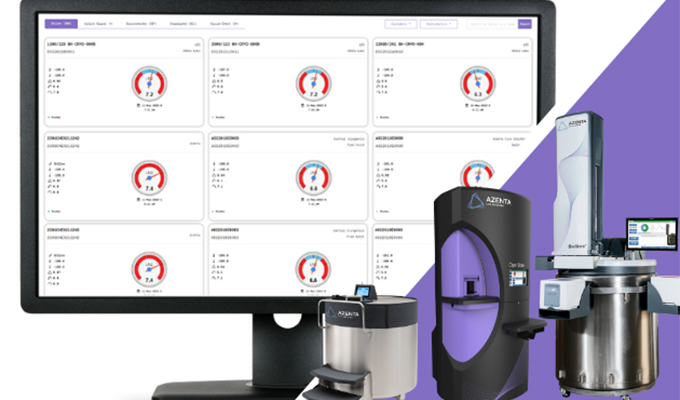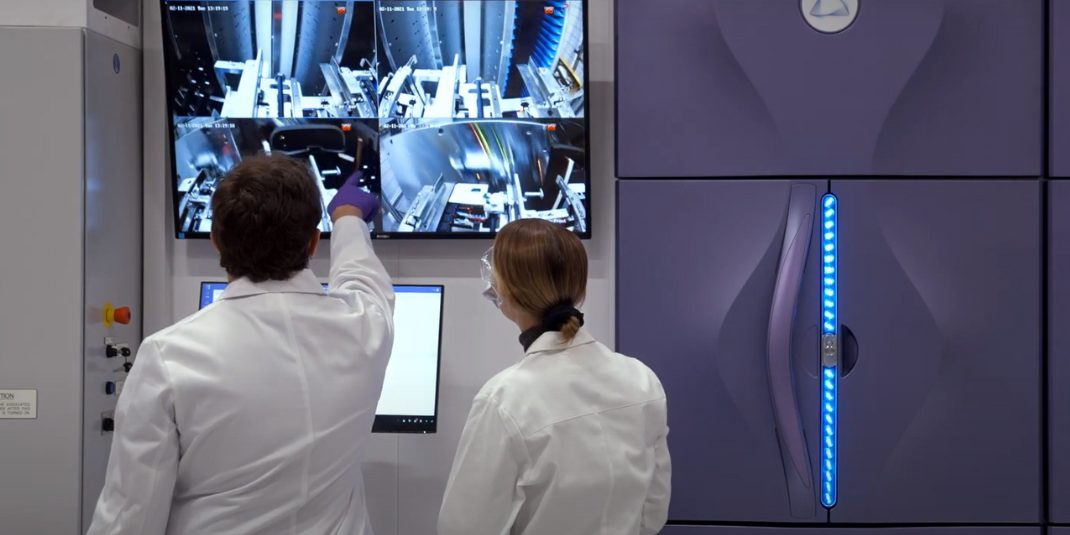In the dynamic landscape of biosample management, informatics solutions are increasingly becoming a cornerstone for efficiency and accuracy. These solutions, integrating both hardware and software automation, are revolutionizing how samples and data are handled in the biotech and pharma industries. By automating processes and streamlining workflows, they significantly reduce the need for human interaction, thereby minimizing the likelihood of errors. Informatics systems are designed to handle even the most complex of data and sample management challenges with ease, underscoring the growing recognition of its importance in the field.
Quality and Compliance
Another key advantage of informatics is the substantial improvement in sample quality and compliance. Through these systems, researchers gain access to comprehensive information about a sample’s origin, handling conditions, and usage history, which is crucial for maintaining sample integrity. This level of detail extends to consent management as well, ensuring that samples are utilized strictly for approved purposes. This is not only ethically sound but also aligns with regulatory standards. The use of informatics systems also means that samples spend less time outside optimal storage conditions, which is critical in preserving their quality. Such meticulous management is ideal for optimizing sample workflows, data handling, and planning for future usage.
Tailored Workflows
The implementation of informatics solutions is not without its challenges. Integrating data from various partner sites, each with different LIMS and metadata formats, can be a complex task. To address this, informatics solutions need to offer flexible data modules and employ advanced technologies like generative AI, coupled with human oversight, to ensure consistency and accuracy in data translation. These solutions are not just about managing data and samples effectively; they also play a significant role in supporting sustainability initiatives within the biotech and pharma sectors. Automated data management and tracking lead to more informed decisions regarding sample inventory and disposal, helping organizations optimize their sample storage. This, in turn, contributes to reduced energy consumption and waste, thereby lowering the overall environmental impact and carbon footprint. The balance between standardization and customization in workflows, aided by experienced informatics partners who constantly challenge and improve processes, is also crucial. This ensures that while there is a streamlined method for common workflows, there is also sufficient flexibility to meet unique research needs.
Our recent workshop took a deep dive into the role of informatics in biosample management, as it not only enhances efficiency and accuracy in managing samples and data but also addresses important ethical, regulatory, and environmental concerns. As the industry continues to evolve, the reliance on informatics solutions will undoubtedly increase. To learn more, watch the workshop on demand.
Azenta Sample Informatics & LIMS Offerings:
- Limfinity® Biobanking LIMS is a comprehensive biobanking LIMS solution designed to support enterprise storage and sample management across different lab workflows. It seamlessly integrates with instruments, automated storage systems, and software systems, providing audit trails and regulatory compliance. Limfinity offers standard capabilities with the option to customize as needed, ultimately helping to improve sample utility and development efficiency.
- FreezerPro® Sample Management System is an off-the-shelf freezer management solution with comprehensive storage management capabilities. It is known for its simplicity and quick installation process. Additionally, it seamlessly integrates with Ziath scanners, automated storage systems, and cryogenic freezers, providing a convenient solution for managing laboratory freezer inventories.
